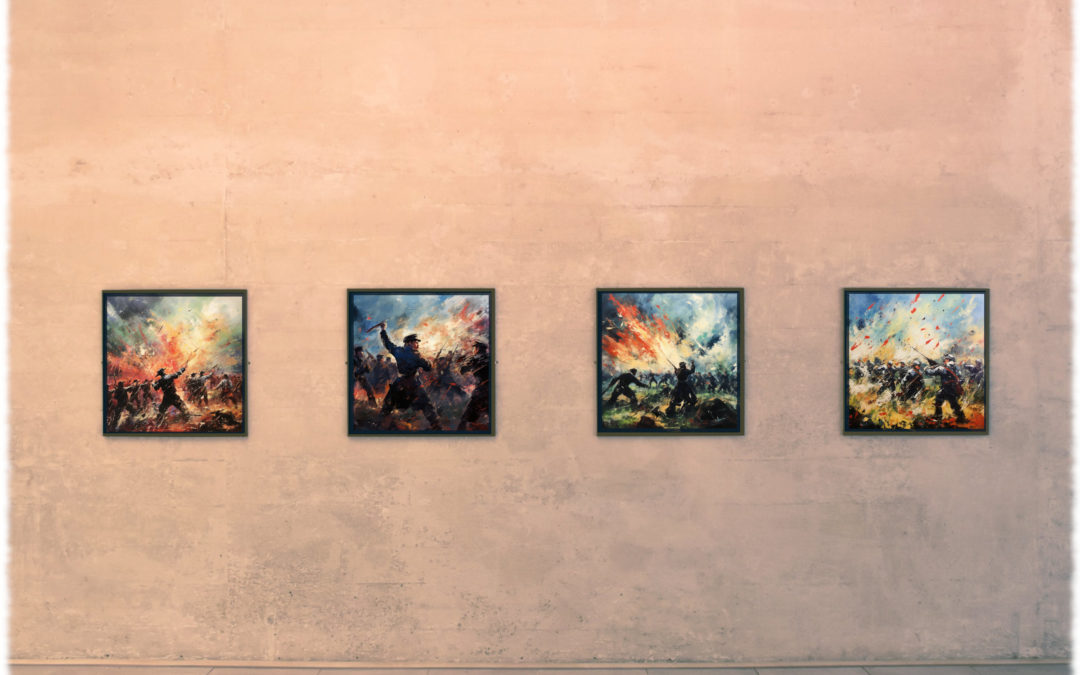It has been a while since I last wrote an article, so I am glad to be back.
Aloha!
Creativity is something in my life that I, on my own, can not make happen. I know great writers like Stephen King say to make writing a daily habit. For me to be able to create words that have some meaning on a sheet of paper or in a digital format, two things need to come together. An experience that affected me deeply in one way or another, and the right state of mind and confidence that what I have to say actually benefits the reader.
Frequently, I have a realization but feel there is already enough written or spoken on said subject.
I suppose the world is overflowing with repetitive thoughts and content because the engines that steer social media and content distribution don’t care about the quality as long as it is released consistently.
This is my introduction and private thoughts on what makes producing an original opinion valuable and posting it on the World Wide Web.
You may have found this article because it was recently published, because of the intriguing images, or the headline or title drew your attention. No matter what it is, here is the core theme of the following article:
When it comes to “improving” our world for future generations, is our political worldview or ideology helping or hindering the progress?
This is especially important when we look at how we seek to operate in the present moment. Does the end justify all means?
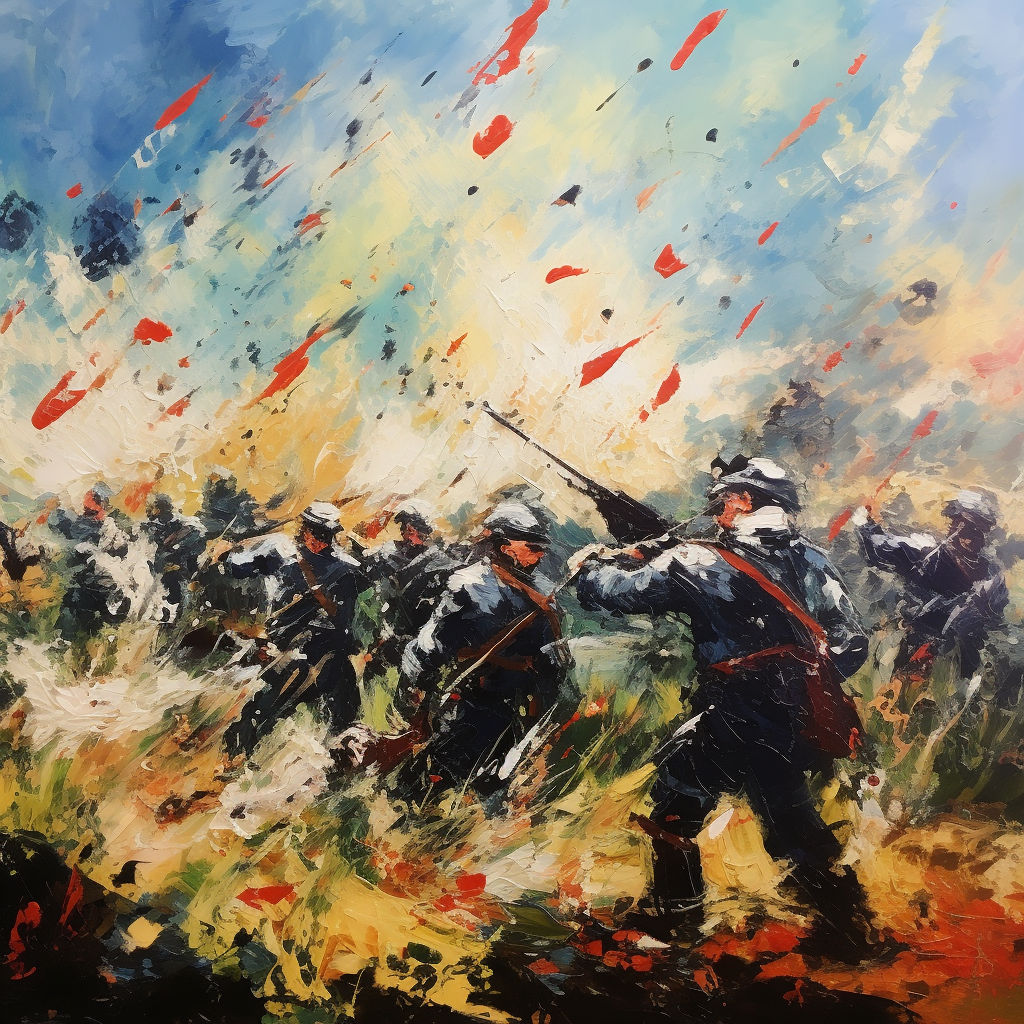
Yesterday I returned from a small summer festival. Most of the attendees are activists, and as broad as the term is, it contains the whole spectrum of socio-economic and environmental activism that is happening now. This is also the reason why I am inclined to talk about ideologies.
In order to weave the most common denominator into this article, I would say the opinion of most of the people I talked with is that capitalism is at the heart of the problems we face in the 21st century. I realized quickly that many people had expert knowledge and profound insights into the system and how it fosters inequality. Yet this article is not about my lack of insights into the system but other observations I had made.
Because of my past involvement in parties, festivals, and events within the political spectrum, I always saw myself as an advocate for systemic change. This is still so, but I discovered that the means of achieving the change have come to a junction at which each person needs to choose which direction to pursue.
After several conversations, I realized I must have said certain things that made people disengage and leave. It happened on many different occasions that I felt inadequate. Usually, people enjoy talking with me, so it was time for some reflection on the train ride back home and in a semi-meditational state in the morning.
What was I saying that had been off-putting and out of alignment with those I had spoken with? Why had I felt so deficient and like a bad person after the conversation had ended?
In order to prevent this article from becoming inflated with my own projections, I am speaking from personal experiences and from my point of view. I can not say what was going on in the people’s minds and what made them disengage or leave the conversation.
What I can say is that my feelings are usually quite sharp and able to pick up on queues that my analytical mind would contort and twist into stories that are not necessarily true.
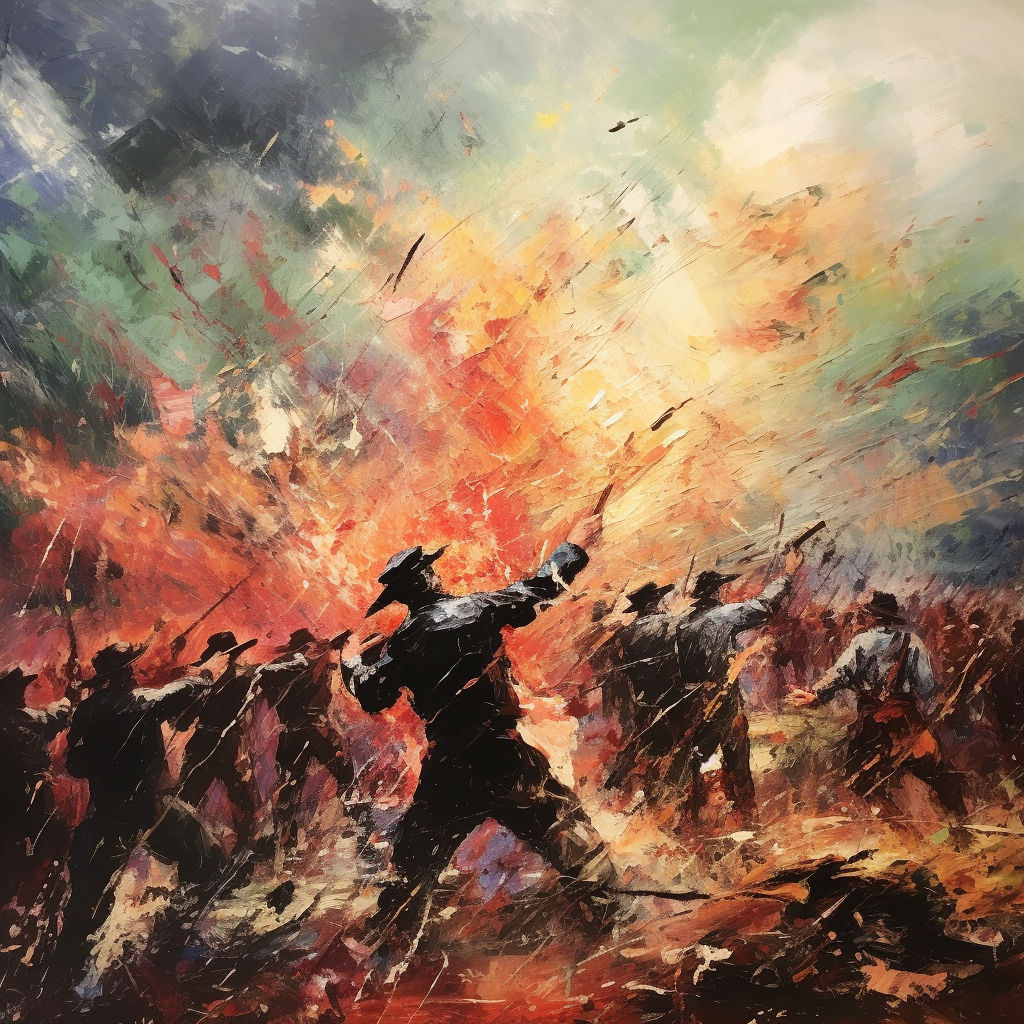
How did I feel? I touched on it before, but honestly and frankly, I felt like shit. As if I was the enemy and I had unknowingly disclosed it. The sentence “If you are not with us, you are against us” keeps returning to my mind. So I asked myself:
“What am I not with?” and
“Why am I hearing this sentence over and over again?”
When I wrote the sentence concerning the junction, I saw an inner image of a junction. One path reflects the essence of Life-affirmation, and the other one is characterized by the negation of what is, with resistance and combat at its roots.
Coming back to the two questions.
I am not with the resistance; I am not fighting the system. Actually, from a certain point of view, I am taking part in the system. Whether or not my interest is to use my financial assets for a cause I, and many others, find important in the world is irrelevant.
When I look at it, I have to ask the provocative question: How can I not be part of the system that governs our physical experience? I can not extricate myself from it because there is no place where people live isolated from this system. Certain indigenous tribes might be the exception to the rule, but other than that, I can’t go anywhere without some hierarchical figure asking for taxes, fees, rent for land, etc.
From an ideological point of view, I am not an Anti-capitalist, so I am not a member of the in-group. Interestingly, the word anti shows up, ushering the conversation to the aforementioned core of opposition and resistance.
As I said before, up until my encounters this weekend, I saw myself as part of the movement because we share so many goals. Yet, since the understanding of how to implement these goals differs, I admit that from here on out, the paths diverge.
I worked hard to turn towards forgiveness and love and let go of anger and aggression; the way I see it, this is the work of a lifetime. This is one of the biggest pitfalls I observe in many activist movements.
The problem is the people involved in activism sincerely care for the causes. They are willing to oppose the status quo and to get up and stand up so that others might benefit from these actions one day. This is a noble deed, and we need to change the how, not the what.
Most of the activism I see in the world is fueled by anger, which negates any real progress because it creates enemies and splits the world into good and evil, right and wrong, etc.
We only have to listen to the countless masters who addressed this dynamic. They all agree on the fact that force creates counterforce. The only way to diffuse and cure an induration or hardening is with compassion and love, realizing we are all part of the Great Mystery.
Wayne Dyer often quoted a Native American proverb:
“No tree has branches so foolish as to fight among themselves.”
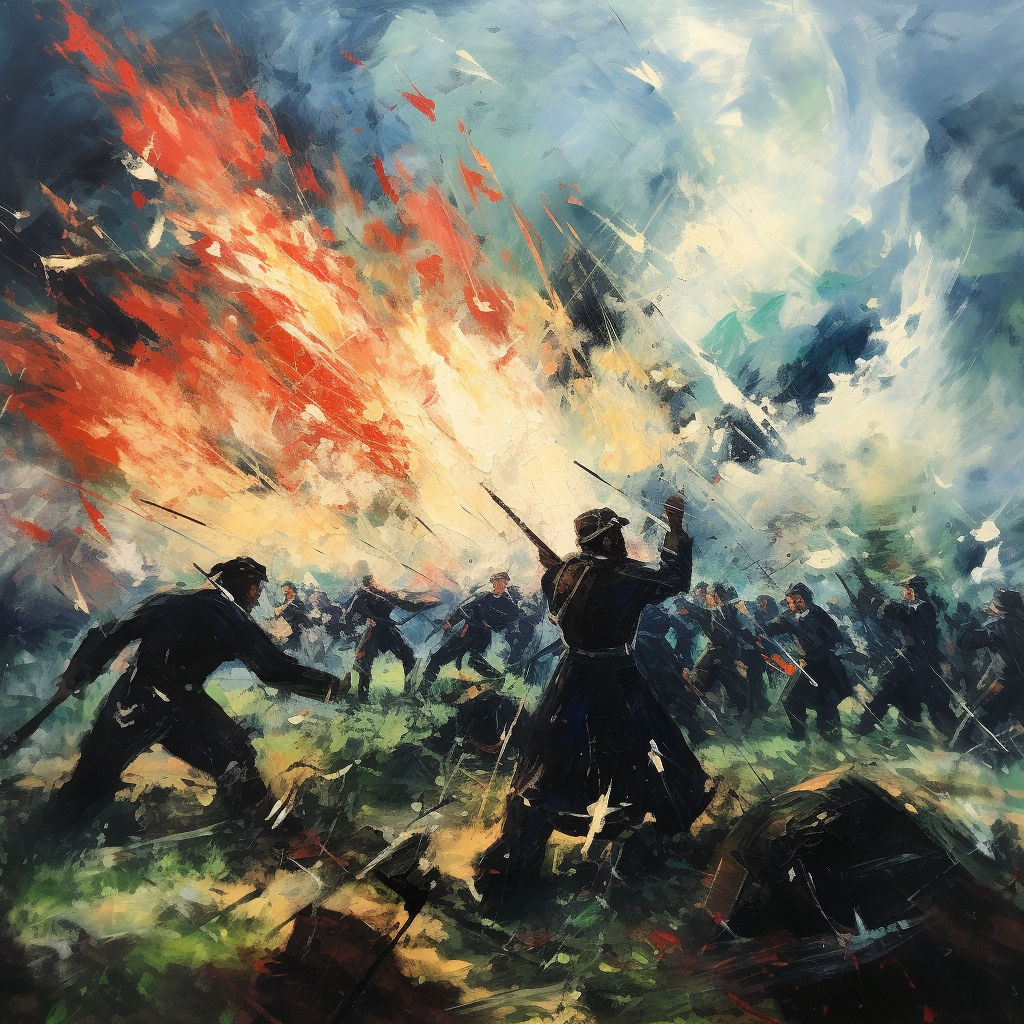
Addressing the underlying issue I see with many ideologies, the deeper we are involved in them, the more we see them as the ultimate truth. Neem Karoli Baba and Ram Dass cultivated the saying:
“Whatever you do, don’t throw anyone out of your heart.”
This is why we have to learn to agree to disagree and at least be willing to listen to the other person. Rather than seeing it as a personal attack when perceptions of realities differ, to be aware that every person has the right to express their thoughts and feelings as they are, as long as this happens in a safe space and no one is harmed.
How this is achieved is an entirely different story, and I am also not suggesting that we are saying yes to everything, adopting a laissez-faire attitude. Sometimes, it is essential to set boundaries, to say no! with zero tolerance, and step in when there is imminent danger. How we approach the situation should always be carried by a life-affirming presence rather than anger and aggression.
Ram Dass has a beautiful story that deals with this predicament. You can find it here
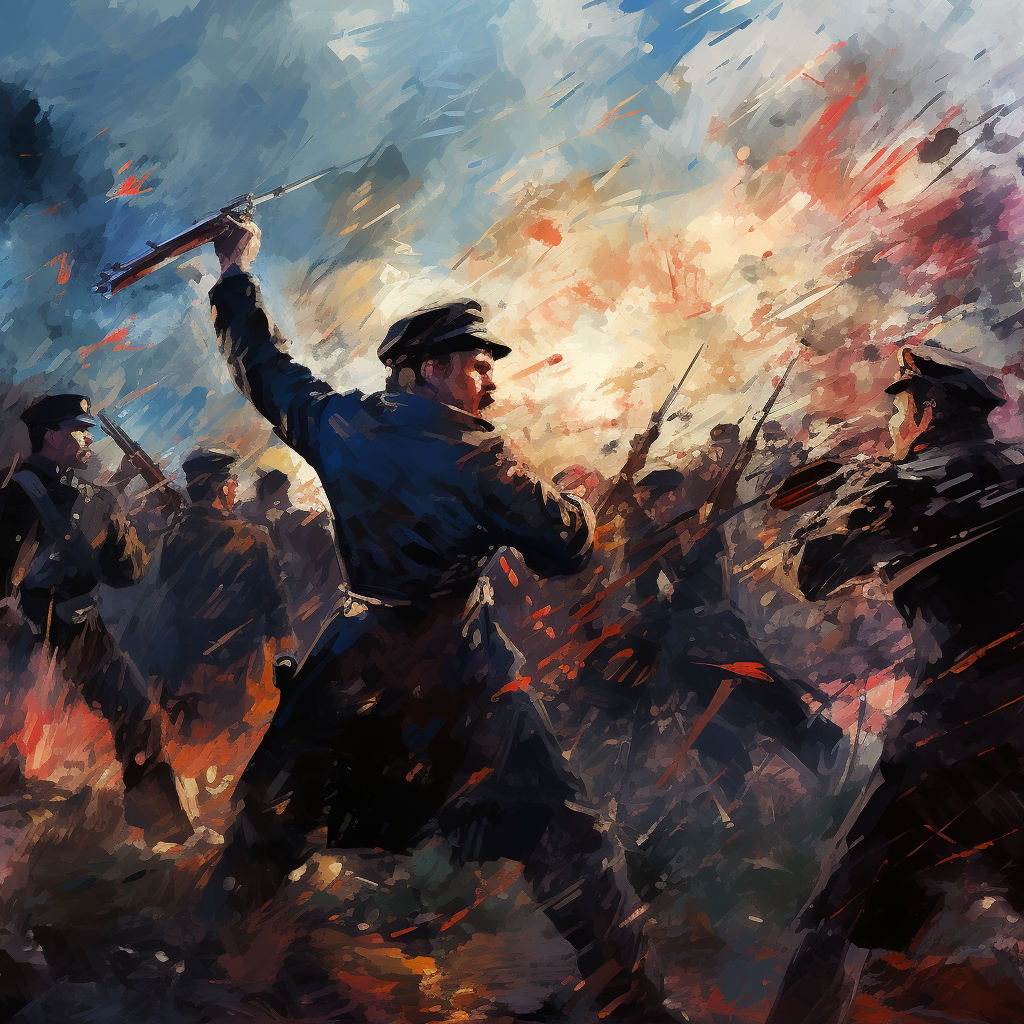
Let’s bring this this all together at the end. The journey of introspection and self-discovery is an ongoing process, marked by encounters that challenge our perspectives and beliefs. Ideologies and their role in shaping our worldview brings to light a pivotal realization. It’s not just about what we stand for, but also how we stand for it. It is a complex task to navigate differing opinions within the realm of activism and to stay open for discourse so that we gain an understanding of the core drivers for behavior and idiologies in order to be able to find common denominators. If this seems impossible and no common ground can be found we can at least strive for ways of non-violent communication and a capability to reflect on our own aggression and tendency to use violence as the last resort to bring a point across.
It’s crucial to underscore the importance of transcending adversarial dynamics in favor of fostering understanding and empathy. While fighting against systems might yield temporary victories, a sustainable transformation and paradigm change demands a shift in approach.
Embracing an alternative path, one guided by compassion and love, becomes the crux of the matter. The call to refrain from casting anyone out of our hearts and to engage in dialogue without vilification echoes as a beacon of wisdom in our divided world. We all need to understand and implement the idea that true progress necessitates the dissolution of rigid ideologies and the cultivation of open-mindedness. As Monty Python’s Life of Brian so beautifully reminds us. “We are all individuals” and “Yes, we have got to work it out for ourselves” yet we are also part of the one consciousness that underlies it all.
We need to learn to coexist with differing viewpoints while upholding life-affirming values. This is not a surrender of principles, but rather a transformative evolution of activism itself. It all comes down to the question, if we would be able to achieve our goal of peace and harmony and justice for all by selling our souls, would we have gained or lost in the bargain?

